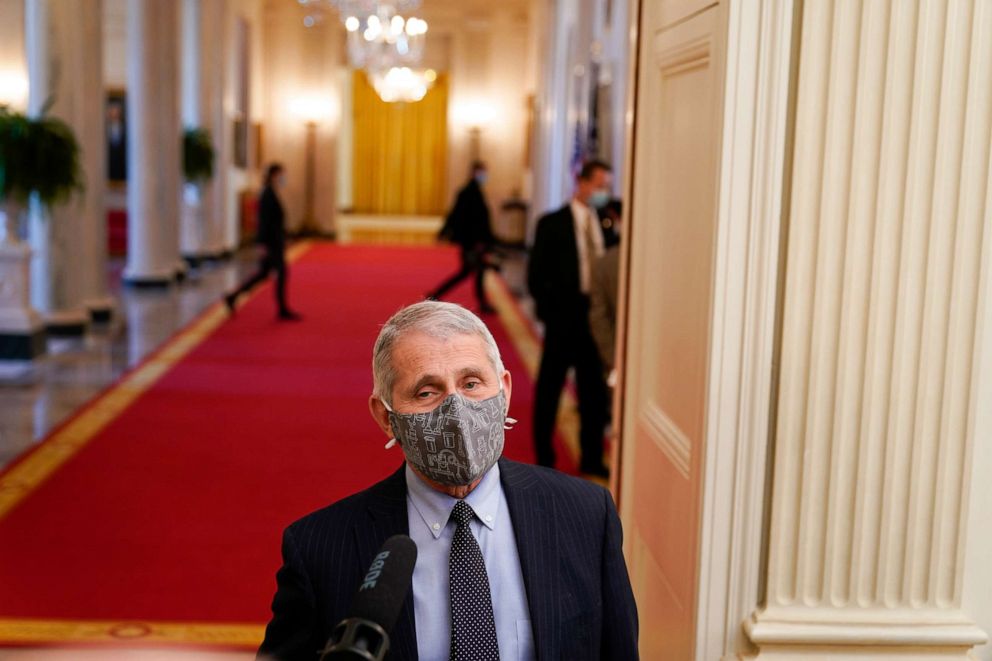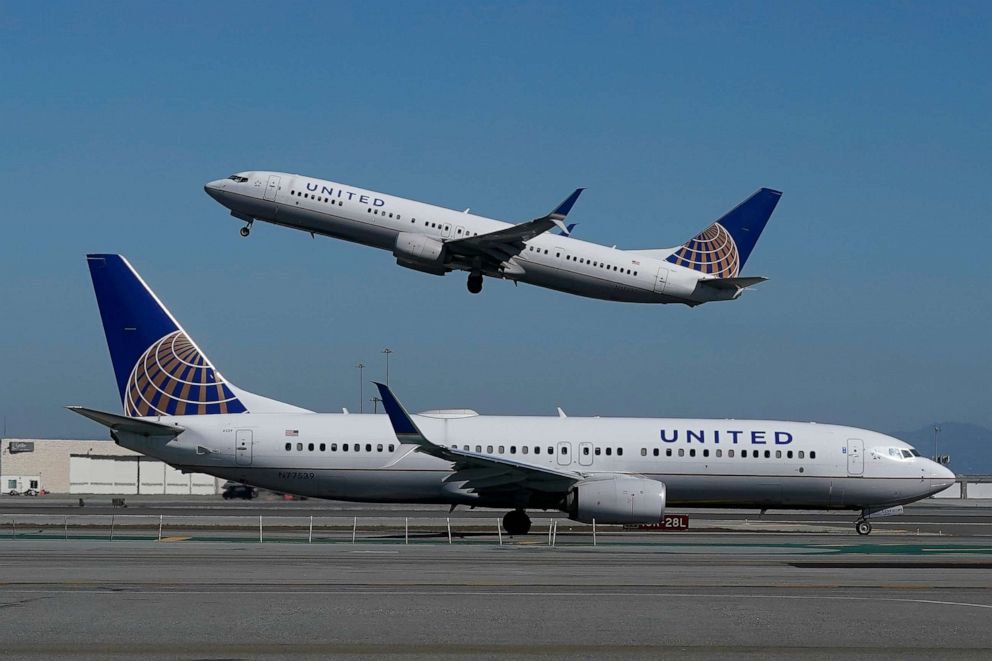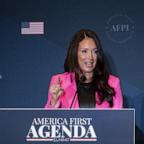Illegal home gatherings in England could result in hefty fines
In England, those who attend house gatherings with more than 15 people -- in violation of lockdown rules -- will face hefty fines beginning next week, British Interior Minister Priti Patel announced Thursday.
First-time offenders face a fine of 800 pounds (around $1,097). The fine will double for each repeat offense to a maximum of 6,400 pounds (around $8,779).
More police officers are on dedicated patrols "taking targeted action against those small few who are letting everybody down,” said Martin Hewitt, chair of the U.K. National Police Chiefs' Council.
When asked by reporters Thursday whether England's lockdown is likely to end by the spring or summer, British Prime Minister Boris Johnson said it is "too early to say."ABC News’ Christine Theodorou contributed to this report.






